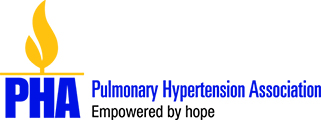Transplant and Pulmonary Hypertension
Getting “The Call” 
When a donor organ becomes available, the hospital contacts the local Organ Procurement Organization (OPO), which works with hospitals to identify potential organ donors and to find medically suitable transplant recipients. The local OPO enters information about the donor organ into the UNOS computer and obtains a match run sheet, a list of potential recipients ranked according to medical criteria. Each donor organ will generate a differently-ranked list of potential recipients.
After printing the list, the OPO contacts the transplant surgeon caring for the top-ranked patient and offers the organ. If you have priority over the candidates in your area, you will be called to come to the transplant center. You will need to arrive at the center within a few hours (the transplant center will give you a specific time frame). After you receive this call, do not eat or drink anything unless your transplant team tells you otherwise. When you arrive at the transplant center, you will go through a pre-operative workup which will include blood and urine tests and possibly a chest X-ray, EKG or other tests.
Sometimes, transplant candidates arrive at the hospital and undergo the pre-operative tests only to have the transplant canceled due to deterioration of the donor lungs. While these false alarms can be frustrating, having a transplant canceled due to deterioration of the donor has no negative impact on your LAS or physical capacity to undergo a future transplant.


